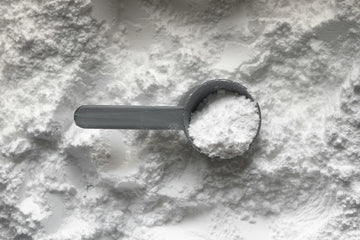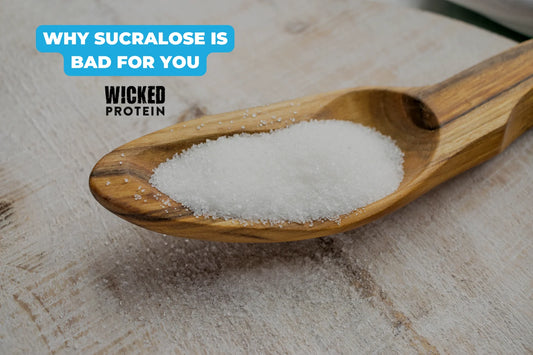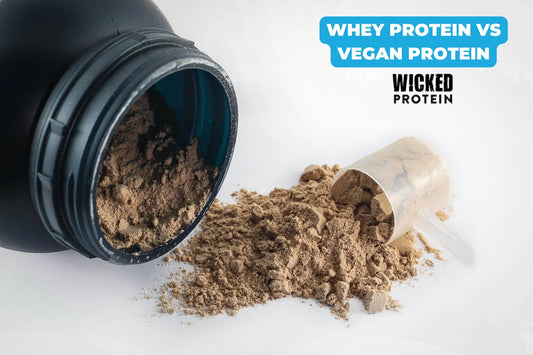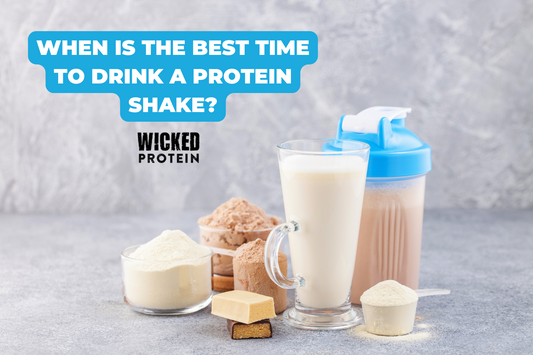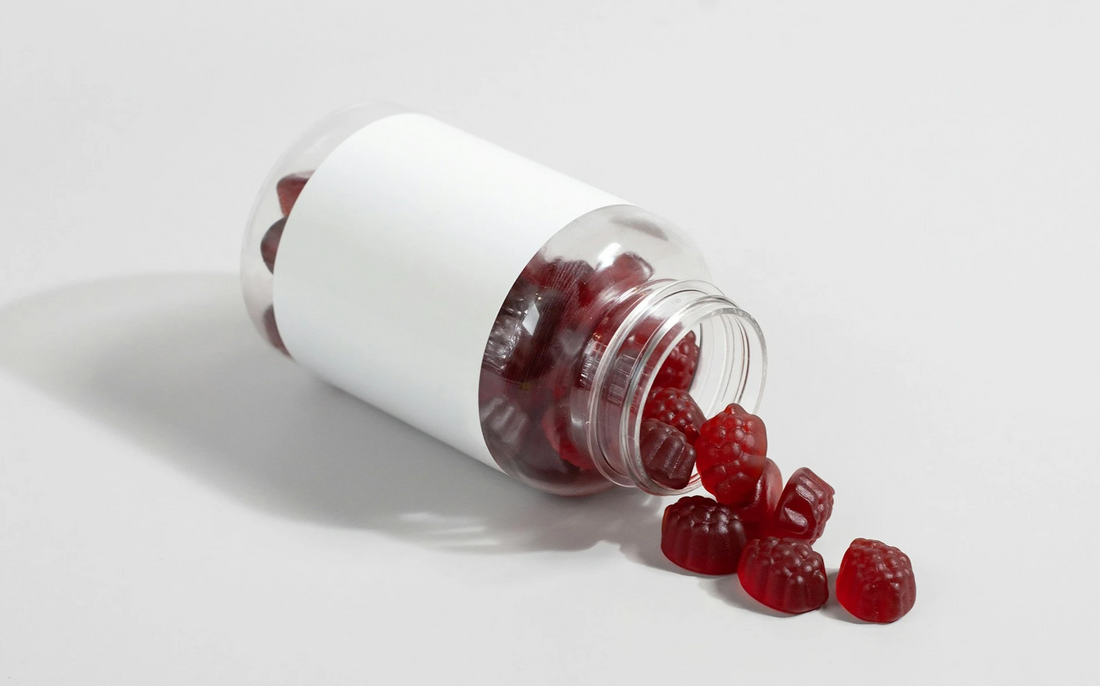
Protein Powder vs Collagen: Which is better for you?
You’ve probably set some health and fitness goals, and now you’re wondering which food supplement is the best choice.
How do you know what’s actually going to be helpful to you, and what’s going to be a waste of time and money?
Protein powder and collagen are frequently discussed and it’s easy to get confused about the difference.
They both contain amino acids, both have great protein levels, and they’re both often supplements in the world of wellness.
What is collagen?
Collagen is the most abundant protein in your body, making up roughly 30% of your body’s total protein.
It’s the primary building block of your skin, muscles, bones, tendons, and ligaments.
Its main roles are:
- Replacing dead skin cells
- Covering and protecting organs
- Giving structure and strength to your skin
Collagen benefits
Skin Hydration and Elasticity: Collagen supplements hydrate the skin and improve elasticity
Muscle: A study found that men who took collagen supplements saw more increase in muscle mass and strength than those who didn’t.
Heart health: Collagen helps keep the shape of your arteries and blood vessels.
Joint Pain Relief: Helps maintain the integrity of the tissue that protects your joints.
Athletic Performance: Some evidence suggests collagen reduces Achilles' heel pain in combination with exercise and may increase strength when taken with a resistance-training program.
Collagen drawbacks:
Despite its popularity, there’s limited scientific evidence supporting the effectiveness of collagen supplements for skin improvement.
Plus, it’s considered an incomplete protein as it doesn't provide all essential amino acids.
What is protein powder?
Protein powder is a powdered form of protein that comes from plants (soybeans, peas, rice, potatoes, or hemp), eggs, or milk.
It’s most commonly used in the fitness industry as an easy way to meet the daily protein intake requirements to maximize muscle growth.
Protein powder benefits
Muscle Building and Repair: Whey protein contains branched-chain amino acids that are important for muscle build and repair.
Complete Protein Source: Contains all nine essential amino acids required for various bodily functions.
Weight Management and Nutritional Boost: Helpful for weight gain and providing extra nutrition in cases of long-term illness or nutritional deficiencies.
Diverse Use: Can be mixed with water or milk, used in smoothies, and other tasty liquids and recipes.
Protein powder drawbacks:
Calories: Many protein powders are high in calories and might not be the best choice for your diet plan.
Quality: Some protein powders may contain artificial flavoring, added sugars, fillers, or other unhealthy additives.
Kidney and liver impact: High protein intake can damage your liver and kidneys.
Main difference between collagen and protein powder
The primary difference is in their amino acid profile.
Protein powder typically contains all essential amino acids, making it a complete protein, while collagen lacks some of these amino acids.
Amino acids have the role of:
- Breaking down food.
- Growing and repairing body tissue.
- Making hormones and brain chemicals.
- Providing an energy source.
Nutritional differences:
Nutrient profile of Collagen:
- Rich in amino acids like glycine and proline but is an incomplete protein.
- Lacks some minerals and vitamins you might get from protein powder.
- Supports skin, hair, nail, and joint health
Nutrient profile of Protein Powder:
- Has a wide range of amino acids and is considered a complete protein source.
- Filled with vitamins and minerals.
- Support muscle growth and repair
What’s better for your health goals?:
For skin health:
Collagen has a reputation for helping skin health, particularly in improving elasticity and hydration, making you look younger.
However, it’s important to mix it with a diet rich in vitamins and antioxidants for optimal skin health.
For muscle building:
Protein powder, especially whey protein, is rich in branched-chain amino acids (BCAAs), which are crucial for muscle building and repair.
It's an essential supplement for athletes and those engaged in regular strength training, making it the best choice if your goal is to build muscle.
For joint health:
As we age, maintaining joint health becomes crucial.
Collagen supplements, often recommended for their potential to strengthen joints and reduce discomfort, can be a valuable addition to a diet focused on joint health, alongside other nutrients like omega-3 fatty acids.
For overall health:
Protein powder is the overall better choice for overall health.
Its complete protein profile makes it a valuable supplement for various health goals, including weight management, muscle maintenance, and ensuring adequate protein intake in plant-based diets.
Conclusion
When choosing between collagen and protein powder, consider your specific health goals, dietary preferences, and any existing health conditions.
Collagen may be more suitable for those focusing on skin, hair, and joint health, while protein powder is the ideal choice for muscle building, recovery, and overall protein supplementation.


